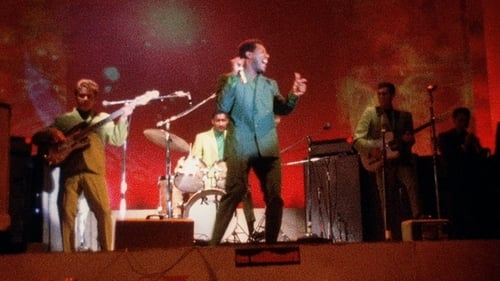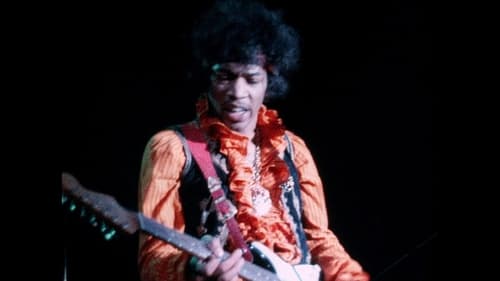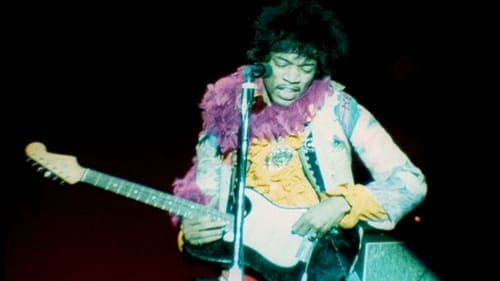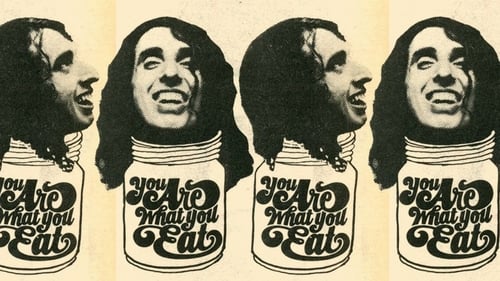
Camera Operator
A Frank Zappa show goes way beyond a mere concert – it is an experience…a flight of improvisation, musicianship, and cerebral cynicism. An unparalleled Composer and Guitarist, Zappa redefined rock n roll paradigms by introducing into the mix his favorite influences from classical music, jazz, blues, doowop, traditional and non-traditional music. And he did so with unparalleled humor and audacity. But it was the music itself that influenced generations of musicians and, quite frankly, blew minds. Roxy: The Movie, filmed over three nights in December 1973, at the Roxy Theatre in Hollywood, CA, is a powerful display of this experience, and reveals what made him such a pioneering musical revolutionary.

Camera Operator
Featuring the only footage Zappa cut together from his legendary 1973 Roxy concerts, "Cheepnis" sings the praises of low-budget monster movies. This short documents the director, bandleader, songwriter and musician at work. (American Cinematheque program notes)

Camera Operator
Renowned documentary filmmaker D.A. Pennebaker captures Otis Redding in his ascendancy, singing at the historic Monterey International Pop Festival in June 1967. Comedian Tom Smothers introduces Redding to a crowd that is leaving -- until Redding grabs them with his charged rendition of "Shake." Redding's performance also includes "Respect" (which he wrote), "I've Been Loving You Too Long," "Satisfaction," and "Try a Little Tenderness." Tragically, Redding died in a plane crash six months later. An innovative filmmaker who started in the 1950s making experimental films, Pennebaker garnered an Oscar nomination for Best Documentary Feature in 1993 for The War Room, his behind-the-scenes look at Bill Clinton's 1992 campaign. His other subjects have included Norman Mailer, Bob Dylan, and David Bowie.

Camera Operator
It's no exaggeration to say this might be the most intense and groundbreaking 45-minute performance in the history of rock. Jimi Hendrix's debut American set at 1967's Monterey Pop Festival is generally considered one of the most radical and legendary live shows ever. Virtually unknown to American audiences at the time, even though he was already an established entity in the UK, Hendrix and his two-piece Experience explode on stage, ripping through blues classics "Rock Me Baby" and Howlin' Wolf's "Killing Floor," interpreting and electrifying Bob Dylan's "Like a Rolling Stone," debuting songs from his yet-to-be-released first album and closing with the now historic sacrificing/burning of his guitar during an unhinged version of "Wild Thing" that even its writer Chip Taylor would never have imagined. Hendrix uses feedback and distortion to enhance the songs in whisper-to-scream intensity, blazing territory that had not been previously explored with as much soul-frazzled power.

Camera Operator
Featuring performances by popular artists of the 1960s, this concert film highlights the music of the 1967 California festival. Although not all musicians who performed at the Monterey Pop Festival are on film, some of the notable acts include the Mamas and the Papas, Simon & Garfunkel, Jefferson Airplane, the Who, Otis Redding, and the Jimi Hendrix Experience. Hendrix's post-performance antics -- lighting a guitar on fire, breaking it and tossing a part into the audience -- are captured.

Director of Photography
A montage of the weird, a freak-out film that appeared when the expression was in fashion and in flower, along with the flower people. The film was one of the first exponents of the mobile camera-rock track-optical effect school of filmmaking, and it is much a document as it is a documentary. A repellent and fascinating depiction of the Sunset Strip in Hollywood, along with Haight-Ashbury in San Francisco and the East Village in New York. Tiny Tim amounts to something resembling a recurring motif and narrator.

Producer
A montage of the weird, a freak-out film that appeared when the expression was in fashion and in flower, along with the flower people. The film was one of the first exponents of the mobile camera-rock track-optical effect school of filmmaking, and it is much a document as it is a documentary. A repellent and fascinating depiction of the Sunset Strip in Hollywood, along with Haight-Ashbury in San Francisco and the East Village in New York. Tiny Tim amounts to something resembling a recurring motif and narrator.

Director
A montage of the weird, a freak-out film that appeared when the expression was in fashion and in flower, along with the flower people. The film was one of the first exponents of the mobile camera-rock track-optical effect school of filmmaking, and it is much a document as it is a documentary. A repellent and fascinating depiction of the Sunset Strip in Hollywood, along with Haight-Ashbury in San Francisco and the East Village in New York. Tiny Tim amounts to something resembling a recurring motif and narrator.







